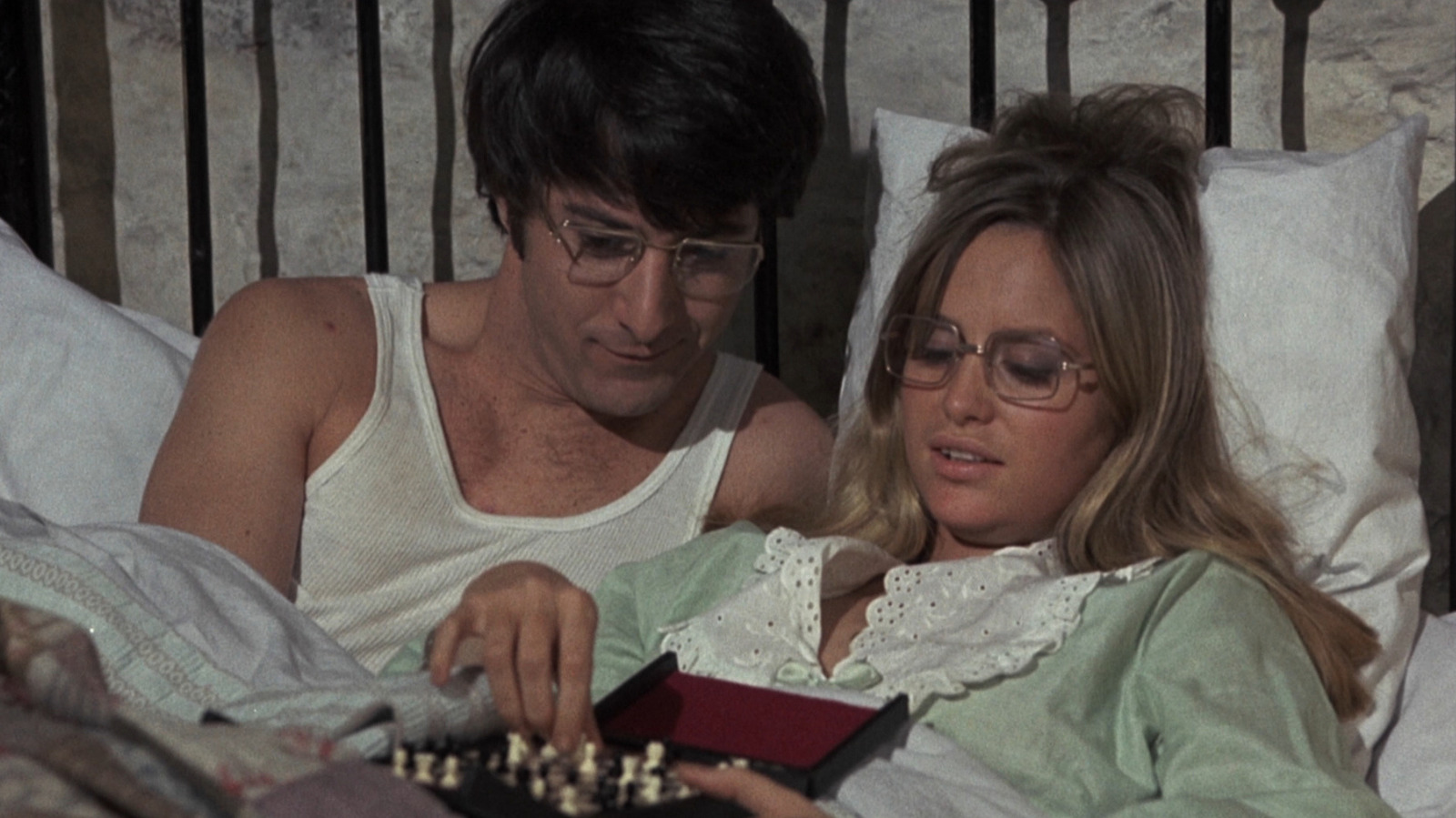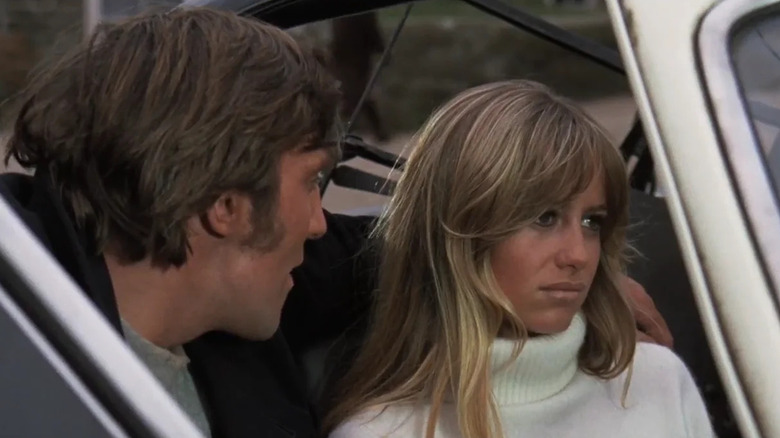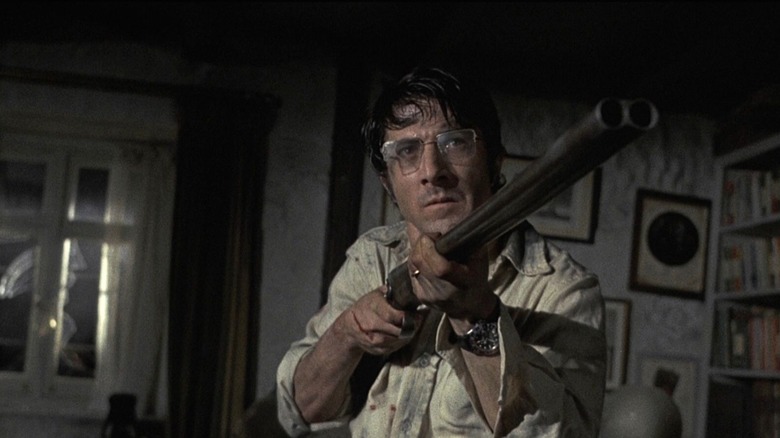Stanley Kubrick’s “A Clockwork Orange” divided critics with its ugly violence upon making its debut in New York, while Ted Kotcheff’s “Wake in Fright” turned stomachs with its grisly kangaroo hunt sequence. In the United States, the gloves were off after the Hays Code had given way to the more lenient MPAA ratings system in 1968, allowing filmmakers to explore challenging themes and show sex and violence in more explicit detail. Among the American movies that pushed these new boundaries were Don Siegel’s “Dirty Harry” and Sam Peckinpah’s “Straw Dogs,” an intensely misanthropic psychodrama that became notorious for its depiction of sexual assault.
“Straw Dogs” was Peckinpah’s first non-Western film, and it was an unusual hybrid, existing in a mostly uncharted hinterland between the burgeoning British folk horror scene (it was released the same year as “The Blood on Satan’s Claw,” itself part of folk horror’s “Unholy Trinity”) and the ferocious Wild West machismo that had made Bloody Sam infamous. It was also a means to an end for Peckinpah himself, who had recently been fired by Warner Bros. after the disastrous production of “The Ballad of Cable Hogue.” With few options, the director headed to the southwest of England to make an adaptation of Gordon William’s novel “The Siege of Trencher’s Farm” — a book that Peckinpah deemed “lousy” apart from its climactic action set piece.
“Straw Dogs” stars Dustin Hoffman and Susan George as David and Amy Sumner, an ill-fitting young couple who move to Amy’s home village in a remote corner of Cornwall. The local men resent one of their own marrying a meek American academic and tensions simmer as Amy’s ex-boyfriend, Charlie Venner (Del Henney), and his roughneck friends are hired to work on the couple’s home, culminating in a vicious attack on Amy and a subsequent last stand as the Sumners unwittingly harbor a sex offender. It proved so controversial in the UK that the British Board of Film Classification (BBFC) only lifted a home video ban in 2002. Nowadays, the film is almost impossible to find, as it is currently unavailable on streaming platforms and physical media copies are few and far between. Let’s take a closer look at Peckinpah’s hugely contentious classic and how it holds up today.



